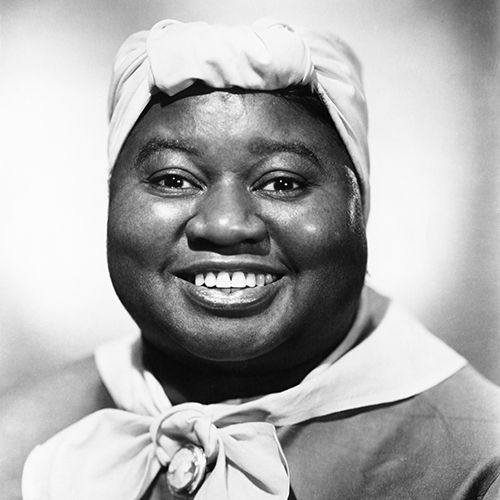By Tenci Reid
The media has become increasingly prominent in our lives, generating job opportunities, new apps and entertainment, and a variety of influencers. Alongside these developments, the media has also emerged as a powerful force, particularly for younger generations. Social media, in particular, has become deeply integrated into our daily routines, with many individuals posting pictures or videos regularly on platforms like Instagram and adhering to specific posting schedules on apps like BeReal. Along with social media, TV shows, movies and books impact our lives. Therefore, the representation of black women across all media platforms is now more crucial than ever.
AI Jazeera’s YouTube video “Mammy, Jezebel, and Sapphire: Stereotyping Black women in media” discussed how black women are stereotyped. In the video, they mentioned the “Mammy” stereotype. One of the earliest examples of negative comments and representations of black women in media can be traced back to Hattie McDaniel, one of the first black women on TV who starred in “Gone with the Wind” as “Mammy,” a house slave whose primary role was to care for others. This portrayal has perpetuated negative stereotypes of black women on TV, such as the “Jezebel” and “Sapphire” stereotypes.
Unfortunately, the negative portrayal of black women is not limited to TV alone. In the age of social media, black teenage girls are constantly bombarded with negative comments, videos and images that can be harmful to their self-esteem and overall mental health. Moreover, they have to contend with various forms of discrimination such as colorism, texturism, adultification and hypersexualization, which make navigating social media more challenging for them than other groups.
In my research, I want to learn more about the negative impacts of the media on the development of self-esteem in young black girls. I want to also hear from black girls and discuss their experiences. Alongside the point-of-view of other black girls and women, I would like to share my personal experience on the impact of ever-changing media.
